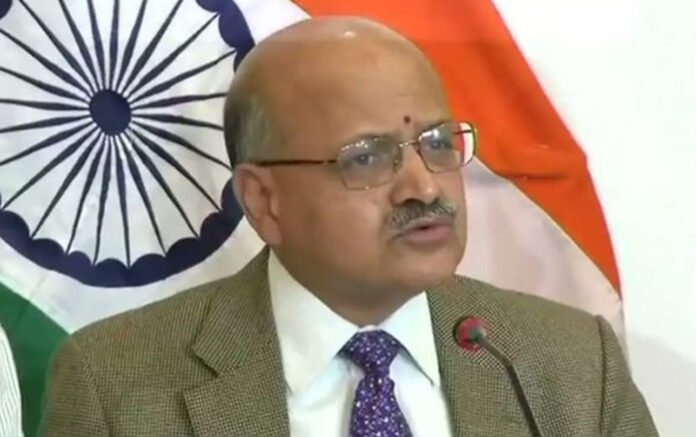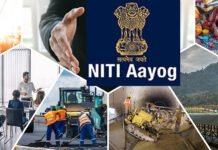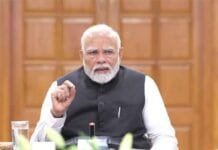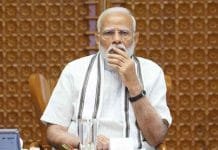GST 2.0 Followed by New Reforms Before Diwali, Says NITI Aayog CEO BVR Subrahmanyam
NITI Aayog CEO BVR Subrahmanyam indicated that following GST 2.0, a fresh set of economic reforms is expected to be announced before Diwali 2025. He revealed that a committee led by NITI Aayog member Rajiv Gauba has already submitted its first report on these proposed reforms.
Flexible Regulation to Foster Innovation
Speaking at the Global Fintech Fest 2025, Subrahmanyam stressed the need for activity-based regulation instead of institution-based regulation. He warned that overly rigid rules could stifle innovation, which might then flourish in other countries.
He added that regulators need to be agile and implement regulatory sandboxes to allow fintech startups to explore innovations safely. Subrahmanyam emphasized that such regulatory changes are critical to unlocking the full potential of fintech in India.
AI: Job Transformation, Not Job Loss
Addressing concerns over artificial intelligence, Subrahmanyam said that AI is a disruptor on an unprecedented scale. He explained, “I don’t think the concern is about the loss of jobs. The concern is about the replacement of existing jobs with new types of jobs. I think that’s the big deal.”
He further highlighted that AI can re-engineer processes and make operations more efficient, urging businesses and policymakers to start adapting to AI now rather than waiting for future disruptions.
Strengthening Trade with Neighboring Countries
Subrahmanyam emphasized the need for India to establish strong trade ties with its neighbors, including China. He noted that China, as an $18 trillion economy, cannot be ignored.
He also highlighted that while the European Union accounts for 50% of India’s trade, Bangladesh ranks as India’s sixth-largest trading partner, and Nepal previously featured in the top 10. Subrahmanyam stressed that a strong regional trade system is essential for competitiveness, stating, “If you don’t have a strong neighboring trading system, you’re really at a disadvantage. If you’re competitive, they’ll buy your goods.”
When asked about lifting restrictions on Chinese investment, he did not provide a direct response but noted that China remains a major supplier to India.
















